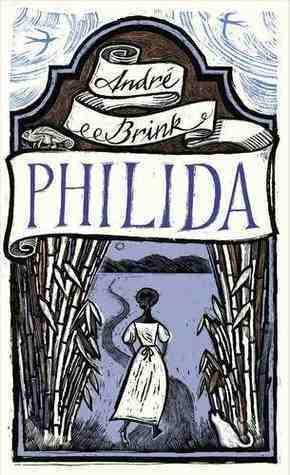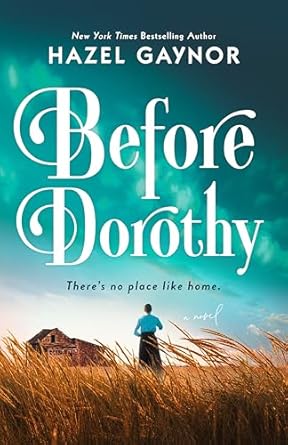Soon there must come a day when I can say for myself: This and that I shall do, this and that I shall not.
Philida is the mother of four children by Francois Brink, the son of her master. The year is 1832 and the Cape is rife with rumours about the liberation of the slaves. Philida decides to risk her whole life by lodging a complaint against Francois, who has reneged on his promise to set her free.
His father has ordered him to marry a white woman from a prominent Cape Town family, and Philida will be sold on to owners in the harsh country up north. Unwilling to accept this fate, Philida continues to test the limits of her freedom, and with the Muslim slave Labyn she sets off on a journey across the great wilderness on the banks of the Gariep River, to the far north of Cape Town. Philida is an unforgettable story of one woman’s determination to survive and be free.
Paperback, 320 pages
Published
February 5th 2013
by Vintage
(first published July 31st 2012)
ISBN 0345805038
(ISBN13: 9780345805034)
About the Author
Here come shit. Just one look, and I can see it coming.Town/Environment:
This story takes place in South Africa.
This story takes place during 1832 in Cape Town and the surrounding area, as there is talk of freeing the slaves. Philida is one of these slaves, and the young mother of four children (two still alive). The father of the babies is Francois, the master's son. When Philida charges Francois with fathering her children upon promises (and lies) that they will be together, her life is lost in upheaval.
This was one of those tough stories. I generally love stories about slavery and the struggle for survival and freedom, but the clipped and rambling speech pattern in this book did not endear me to the story. Likewise the characters did not endear me to the story.
A little over halfway through, there was a hideous passage that outlined the inventory of the master Cornelius, reminiscent of the chapter from the bible that outlines whom beget whom...
...4 chairs, 1 hearth chain, 1 water kettle, 1 copper colander, 1 fire iron, 1 three-legged pot, 2 iron forks, 1 skimming spoon, 1 small hatchet... (page 169)... and it went on for pages. But there were some passages that struck me or moved me.
I’m getting old. One cannot see it in what one does but in what one can no longer do. (page 78)
An eye for an eye and a child for a basket of figs. (page 101)
It’s no use crying in the rain, my child, because no one will see your tears. (page 122)I found that last one especially striking.
One thing that I found interesting was the fact that the slaves are always barefoot in the book. They are not permitted to wear shoes. Something as mundane as shoes becomes this wondrous thing that they dream of having, as they represent freedom and being able to travel where you wish.
I have to point out that I hate when books use foreign words, and don’t translate them. Oubaas, Baas, Ounooi, riem, kierie, meid, Nooi-- all words commonly used in the book without ever explaining what they mean. I have a general idea, but I like to know the literal translation-- not the simple “feeling” of the word.
This book is often brutal and vulgar in its depictions of rape and abuse, human degradation, and man’s lascivious bent.
My final word: Reading this story was like talking with someone who has a bad case of ADD. It was rambling and a little all over the place, and I had a hard time following it. Most of the characters were not likable. The master Cornelius was despicable, Francois was a spineless and selfish twit, Philida left me somewhat ambivalent. The story is filled with great brutality, and very explicit in some violent descriptions. This book is definitely not for everyone. I just had a hard time really liking it, and that was a real bummer, because I really wanted to love this one.
Buy Now:
Amazon
Barnes and Noble
My Rating:
Disclosure:






















No comments:
Post a Comment